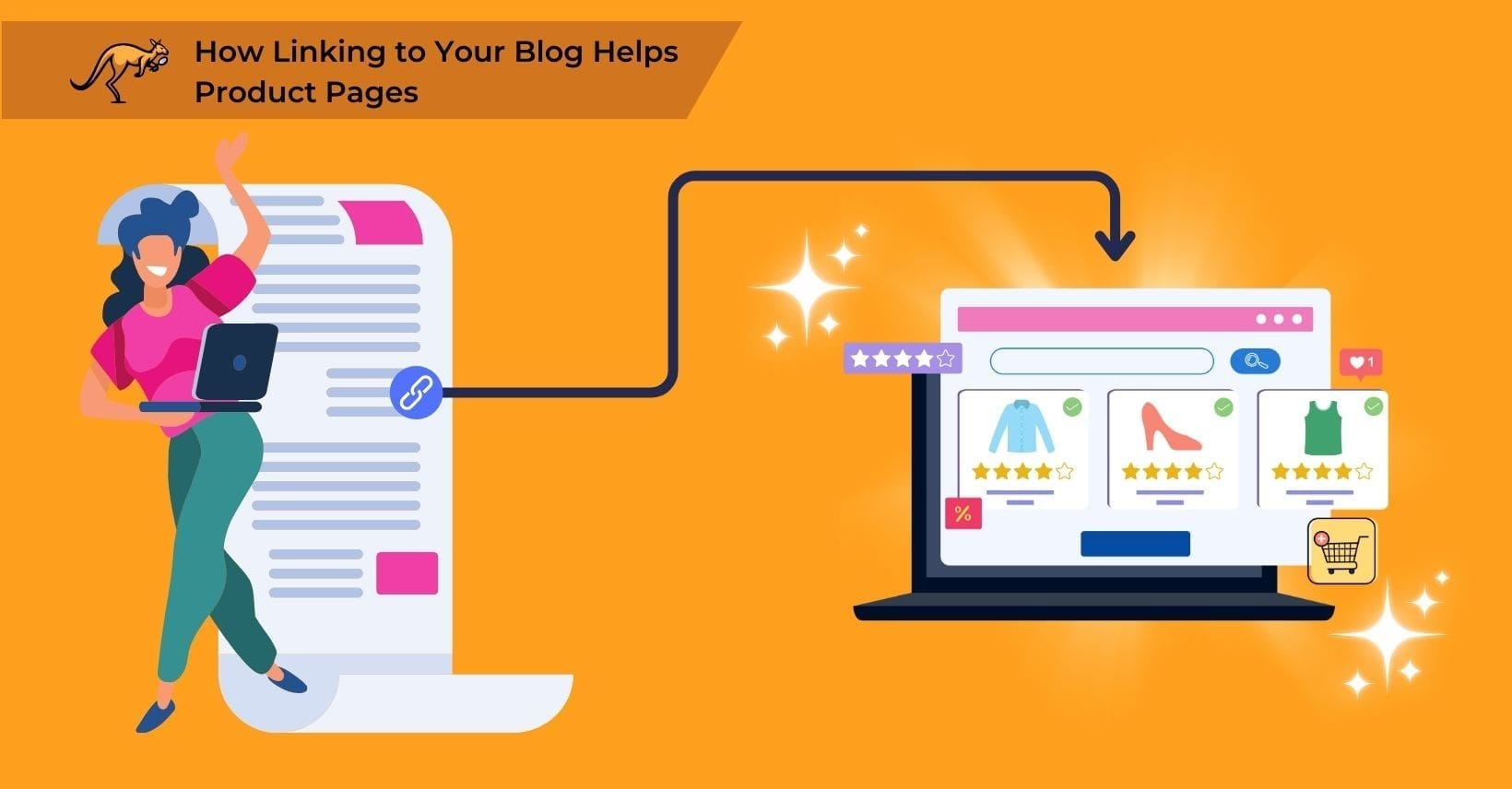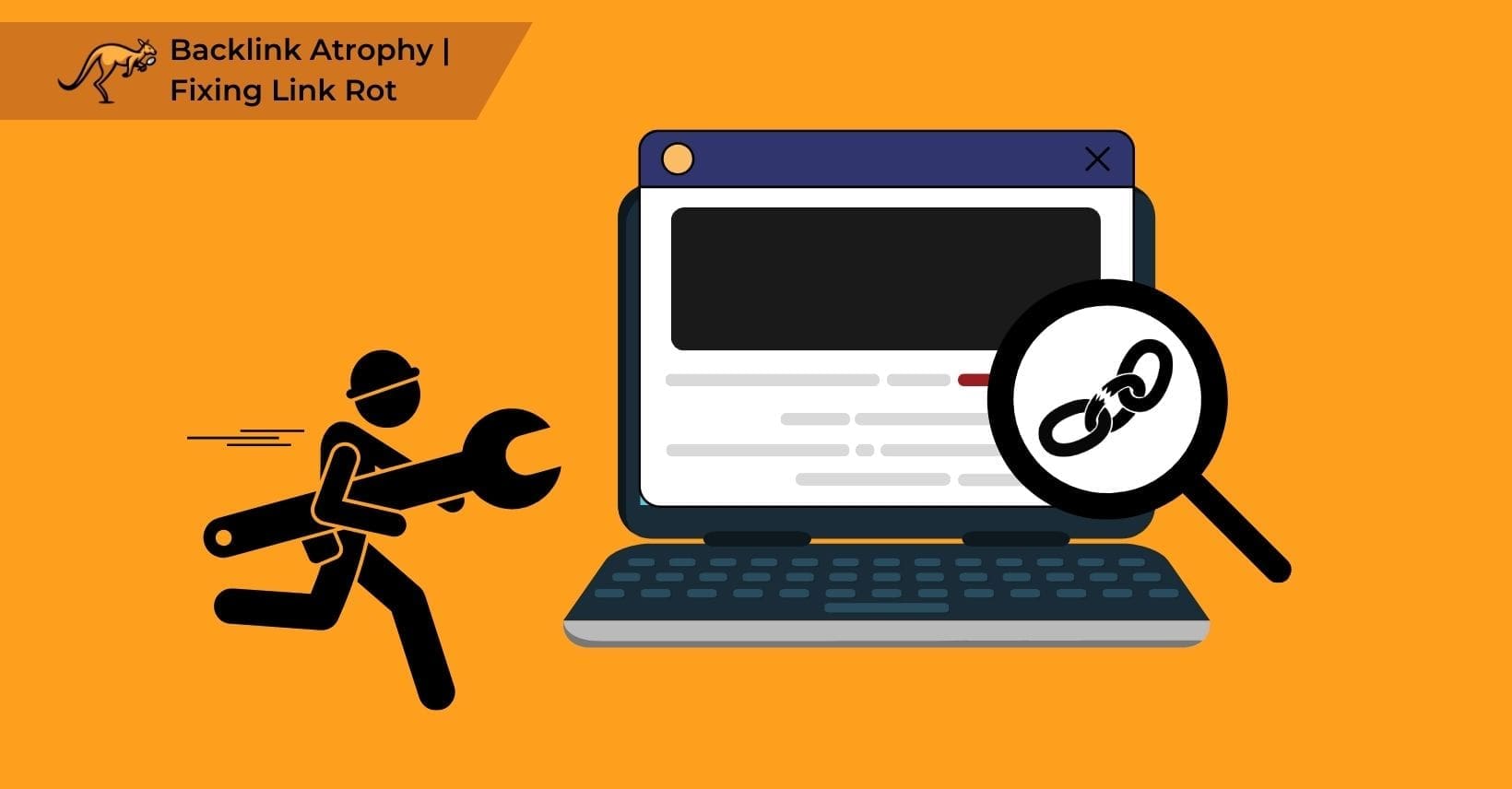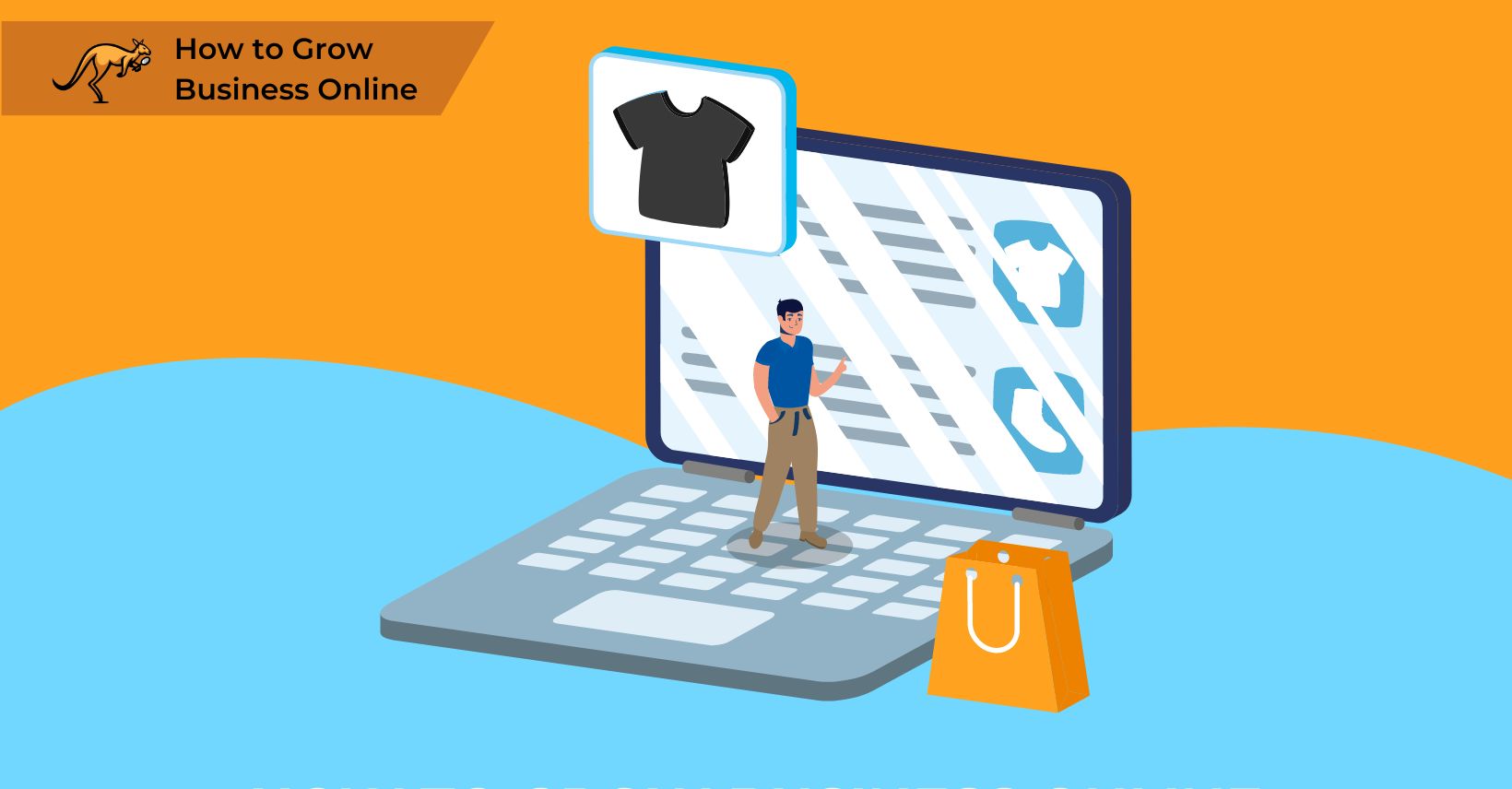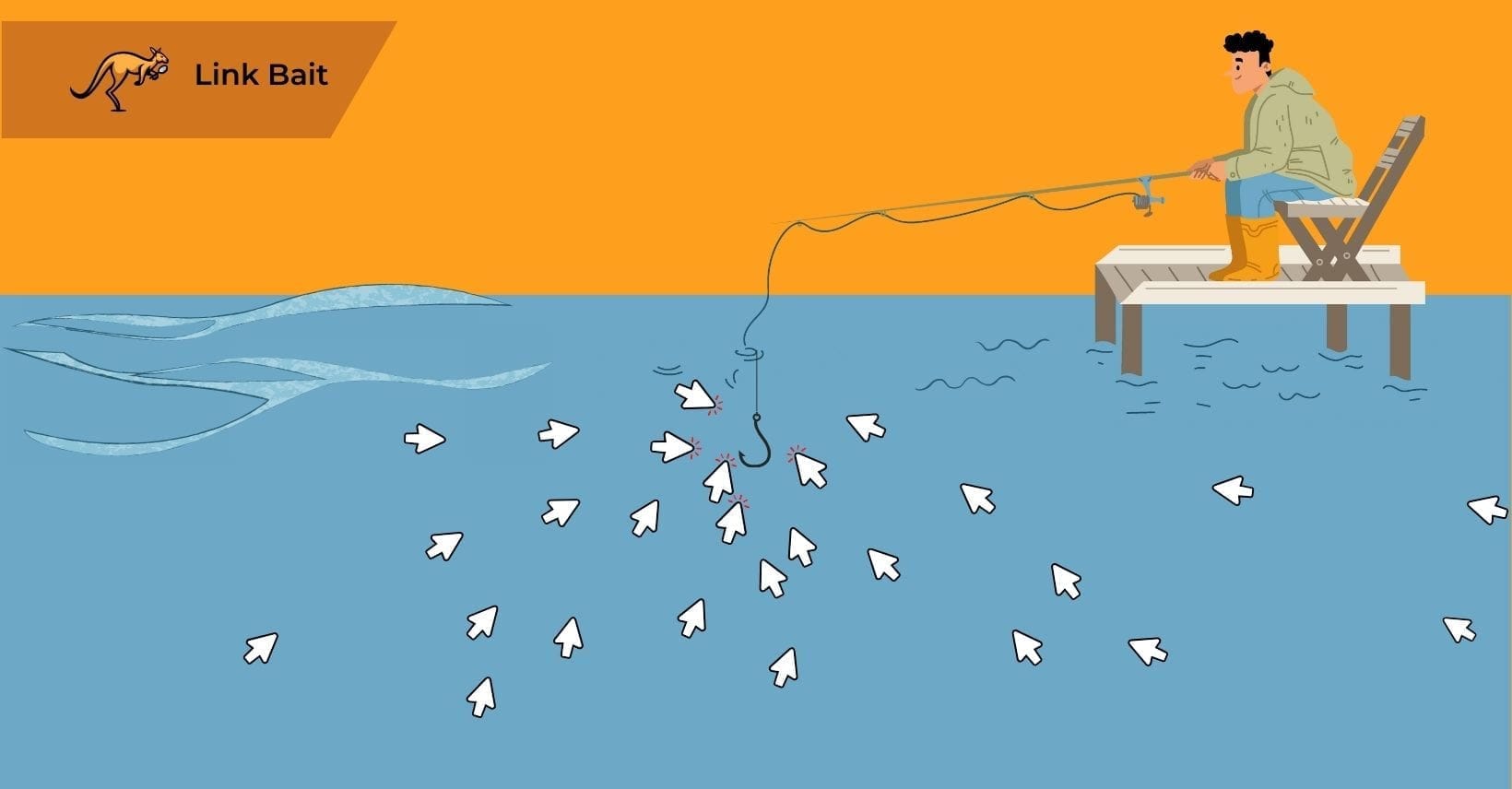Links are vital for search engine optimization (SEO), yet they often become a complex subject. Many focus only on aggressive link-building strategies, overlooking subtle tactics, such as diversifying link types, particularly for product pages.
Contrary to popular belief, the most effective external linking strategy for a product page might involve something other than direct links to the page. Linking to blog content enhances product pages by providing informational context that indirectly supports the product, which strengthens the overall relevance and authority of your main product pages.
This approach can enhance the relevance and authority of the main product page. Understanding the strategic use of links leads us to explore how these connections benefit web pages in terms of SEO performance and relevance.
How do Links Benefit Pages?
Internal and external links play important roles in enhancing your website’s SEO. Internal links help structure your site effectively, while external links bring SEO value by connecting to authoritative pages on other websites.
This connectivity between pages can sometimes suggest that link equity must flow directly from one exact page to another. However, it’s important to note that all link-building efforts are beneficial if they improve your site’s ranking capabilities.
Targeting links to an exact webpage can boost its search engine ranking. Yet, this approach may only sometimes align with the needs of your product pages. As we assess the value of these connections, understanding the interplay between your page content and these links becomes critical. This examination seamlessly transitions into our next discussion on how links benefit pages.
Links Rely on Content
All internal or external links must link to substantive content, such as product descriptions, blog entries, or service offerings.
The material behind these links enriches the relevance of keywords and broadens the context within which these connections exist.
As search engines evaluate these factors, pages rich in relevant content that attract multiple related links often achieve higher rankings within their fields.
The following discussion delves into the effectiveness of linking strategies in optimizing user journeys across digital platforms by exploring how the strategic placement of links can drive user engagement.
Links Drive Users
Directly linking to your product pages effectively steers users to a site created for sales.
While these links might not be part of your strategy for organic traffic, incorporating them into your link-building efforts could inadvertently promote these pages in search engine rankings.
Theoretically, creating relevant links to your product pages channels referral traffic to them and enhances their visibility in search results.
However, this practice often traps newcomers to SEO and link building who are just beginning to understand their potential impact.
While strategies that link directly to product pages might seem advantageous, they carry inherent risks. This concern naturally leads to a discussion on the potential hazards of such practices. Next, we will explore why linking to product pages is a risk.
Why Is Linking to Product Pages A Risk?
There are several reasons why building links direct to product and service pages can be a problem.
Limited Scope
Product pages are designed to do two things: display a product and allow users to purchase it.
Notably, this means that most product pages need a different nuance than blog content, articles, or even an overall service page that breaks down a company’s capabilities. While there might be high-quality content there, it can only talk about that product.
This means the page and links are more exact but destroy the page’s search visibility for anything other than the product or service page.
Poor Linking Opportunities
Other websites only generally want to link to something other than your product. This makes external linking much easier in a link campaign if it is specifically about that one product.
This also removes a lot of link relevance. A page about bathroom furniture is broad, but a page about an exact piece can get fewer links.
Limited Keywords
Keyword research can only take you so far. Suppose your links need to center around product and service pages. In that case, you are stuck with keywords that directly relate, which are usually less broadly used.
This might be a good thing, but it means you have fewer overall special keywords to play around with.
Smaller Customer Base
Focusing solely on promoting one product primarily attracts customers already searching for that exact item, overlooking a broader audience that may need to be made aware of their need for your product or its existence.
Web pages often appear only in response to precise queries, limiting their reach to a narrow audience. Broader content strategies, like linking to blog posts and articles, can engage a wider range of interests and needs. Blog linking broadens audience reach by attracting visitors at different stages of the buying journey who may not be directly searching for your products, which diversifies traffic sources and introduces your brand to potential customers who might otherwise never discover your offerings. We will now explore why linking to blog posts and articles is beneficial.
Why Should You Link to Blog Posts and Articles Instead?
In general, linking to blog posts and articles will always have better long-term benefits.
To maximize the effectiveness of your marketing campaign, it’s essential to focus on promoting content such as blog posts and articles rather than just product and service pages. This strategy not only enhances audience engagement but also boosts your SEO efforts. Let’s explore why you should link to blog posts and articles instead.
Blog Posts Offer Easy Opportunities for Multiple Links
Product and service pages focus on only one topic. Still, an informative blog post can be much more versatile.
You can still include a call to action to drive sales, but you also gain more variety in your external link-building strategy.
For example, a blog post about furniture could be linked to using a huge range of furniture keywords, which means you could theoretically gather links from any site or page about furniture. Informational blog content that addresses customer problems, answers common questions, or provides valuable industry insights proves most effective for linking to product pages because this content naturally attracts backlinks while allowing relevant product recommendations.
Articles are More Linkable than a Product Page
Not only do informational pages provide more reasons for a site to link to your content (such as reference links for information hosted on your website), but most sites are also much more willing to link to information than to your product pages.
More backlinks mean greater rankings for your entire site, so gaining many links from an article is often better than gaining a few from product pages.
Articles Earn More Organic Links
Organically-earned links are a valid part of any linking strategy. They are the intended way that links are earned under most search engine guidelines.
Useful and valuable articles will be linked to much more often. Other sites may want to use them as references or as third-party cornerstone content that supports other content on their site.
How many links you have in your total backlink profile contributes a lot to your site’s overall authority, so seeing these pages earn endorsements and extra link equity benefits your entire site.
Most Search Engines Prioritize a Blog Post
Search engines want to give users answers to their search queries first and foremost. This means that informative and important links usually eat up the first page of search engine results.
Using blog posts and articles is a good business strategy because Google values them highly. If potential customers look up terms about DIY work, a blog post explaining those terms will appear more often than a product’s page would.
Building links to blog content increases its page rank, which drives substantial referral and organic traffic to your site. Blog linking helps drive traffic to product pages through strategic internal links and calls-to-action that guide visitors from informational content into your sales funnel.
Articles Can Still Feature Links and Call to Action
With an audience on your site, you can use the article to drive more product traffic. Suppose your newly created blog content mentions a product you sell that could resolve a problem related to the article. In that case, users may check it out.
By sending users through your informational articles rather than dumping them straight into product pages, you get a more effective link strategy that puts your most valuable pages in the foreground.
Although adding an extra click might deter some potential customers, implementing this method properly can reduce that risk and increase user engagement and link acquisition. This approach seamlessly transitions into our discussion on About Internal Links.
What About Internal Links?
New arrivals to the world of SEO often overlook internal linking (where you link within your site). However, internal linking can be very powerful in this context.
Internal links function as intermediaries, channeling the equity from backlinks on original pages to product pages. Linking blogs to product pages benefits SEO by transferring link equity to commercial pages, which enhances the connectivity and effectiveness of your website’s link structure while improving search rankings for those product pages. In the section About Internal Links, let’s delve deeper into the role and strategies of internal linking.
Articles Can Have a Lot of Internal Links
Since these pages are more versatile than a product listing, you can often sneak in relevant and not-too-frequent internal links to converting pages you want to boost.
This allows you to leverage internal links to spread link equity to a range of other pages rather than individual product or service pages.
The Internal Link Can Keep Changing
A call-to-action in an article does not have to be the same internal link forever, either. Suppose that piece of content remains relevant in the future. In that case, you can update the internal link to the newest version of whatever you promote.
As long as the internal linking is still relevant and properly handled, this gives you a long-term link strategy that allows you to swap out a link each time you need to promote something different. With a solid internal linking strategy.
Internal Linking with Articles is Less Forceful
While opinions may vary, it is clear that users generally dislike feeling pressured. When you direct important referral traffic to a product page, users may perceive your site primarily as a commercial entity.
They may withdraw if they are pursuing informational content instead. Employing internal linking strategies between blogs and product pages improves SEO by distributing link equity throughout your site, which enhances page rankings and creates a stronger overall site architecture that search engines reward with better visibility.
It prevents users from feeling overwhelmed upon arrival, which supports your site’s general search engine standing. As we discuss enhancing your site’s visibility, remember that increasing content variety sustains user interest and broadens your visibility online.
More Content Means More Visibility
A product listing page is generally one-and-one. If you link directly to it and boost its presence, then that single page ranks high but will only appear once. However, the more high-ranking pages you have, the more often search engines can present your website to users. Increasing the number of high-ranking pages on your website enhances its citation flow and overall visibility in search engine results.
The black-hat link schemes Google refers to in its guidelines mean anything that tries to manipulate search results. However, this is not manipulation—you are not reusing the same content but creating a range of new pages that could all be relevant.
Suppose you build links to a range of articles that lead to converting pages with internal linking. In that case, each of those pages becomes a potential search result. This may mean that your free content dominates all three top spots in a search.
You Can Always Make More Content
Content can be an endless flow of opportunities.
Suppose you keep up keyword research and avoid mistakes like gated links (which block content until users sign in or give up information). In that case, you can produce more content and take advantage of any articles that get traction.
The more content you have, the more of a presence your site has. More importantly, it means more chances to gather internal and external links.
Maintaining cornerstone content is beneficial, especially when it remains relevant over time. However, creating regular content is equally vital for sustained engagement. This approach keeps your audience informed and engaged, leading to the next discussion on Why Does This Matter?
Why Does This Matter?
SEO is most effective when your content is link-worthy, valuable, and relevant. Though relevant, product pages often need to attract more direct links or provide substantial value to those not intent on purchasing.
Creating engaging articles—informative, entertaining, or simply interesting—establishes a powerful intermediary that can greatly enhance your link-building capabilities and search visibility through repeated application.
This approach is important for new websites seeking to establish an online presence and for established companies looking to promote new services. By delving into Searcharoo’s role in pioneering link-building strategies, we demonstrate how this technique fits into broader, innovative SEO practices. This discussion naturally leads us to consider why Searcharoo is the perfect partner for innovative link-building strategies.
Why is Searcharoo the Perfect Partner for Innovative Link Building Strategies?
Searcharoo’s advanced search capabilities greatly enhance link-building strategies by pinpointing high-quality, relevant websites ideal for backlinks.
This includes acquiring niche sites or those with substantial domain authority that are typically beyond the reach of standard search tools.
Coupled with automation and efficiency enhancements, we streamline the often tedious tasks of identifying and reaching out to potential link partners within our link-building packages, allowing marketers to focus on creating strategies and fostering relationships.
By offering data-driven insights and integrating seamlessly with other marketing tools, Searcharoo enables users to comprehensively understand which content types and partnerships yield the most effective link-building results.
This integration helps coordinate various marketing efforts, enhancing the general effectiveness of campaigns. As a scalable and customizable link-building agency, Searcharoo supports a business’s growth over time, adapting to increased demands or changes in strategy while remaining user-friendly for marketers at all skill levels.
Final Thoughts: Maximizing SEO Impact with Strategic Link Building
Strategic link building, particularly through a partner like Searcharoo, can significantly enhance a website’s SEO performance and online visibility. Searcharoo’s capabilities to identify and secure high-quality, relevant backlinks and its integration with other marketing tools provide a strong foundation for any link-building strategy. By creating valuable content and leveraging sophisticated link-building techniques, businesses can improve their search engine rankings and establish a stronger, more visible online presence. This approach drives traffic, engages a broader audience, and supports long-term digital marketing success.





